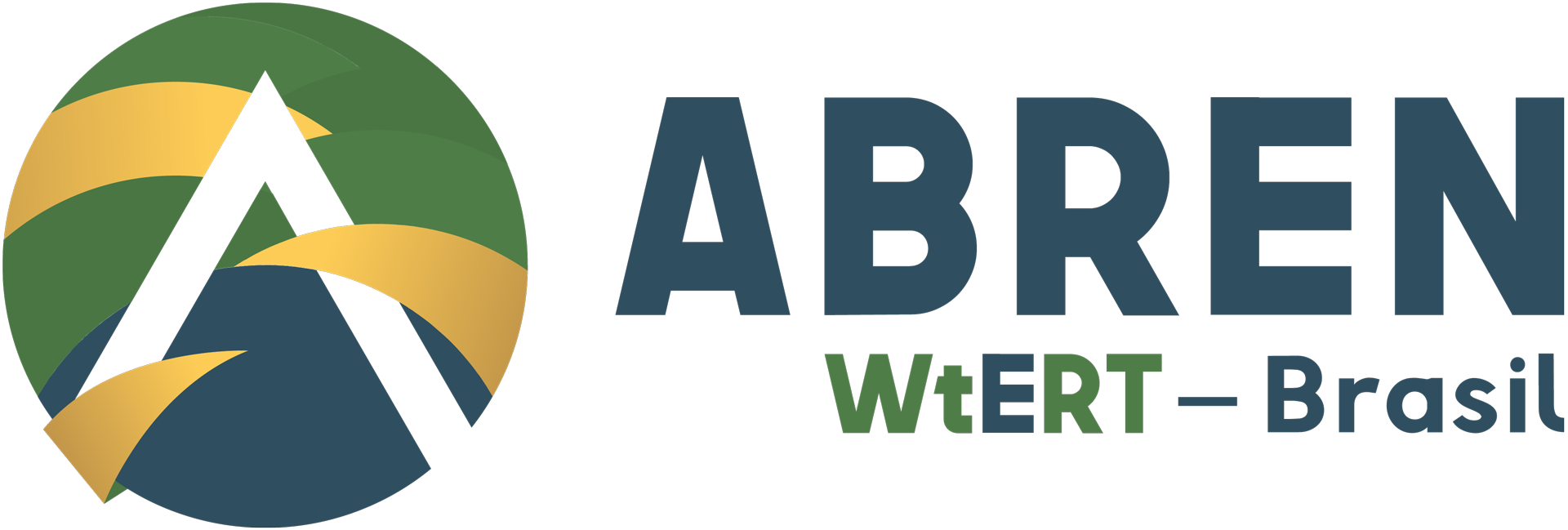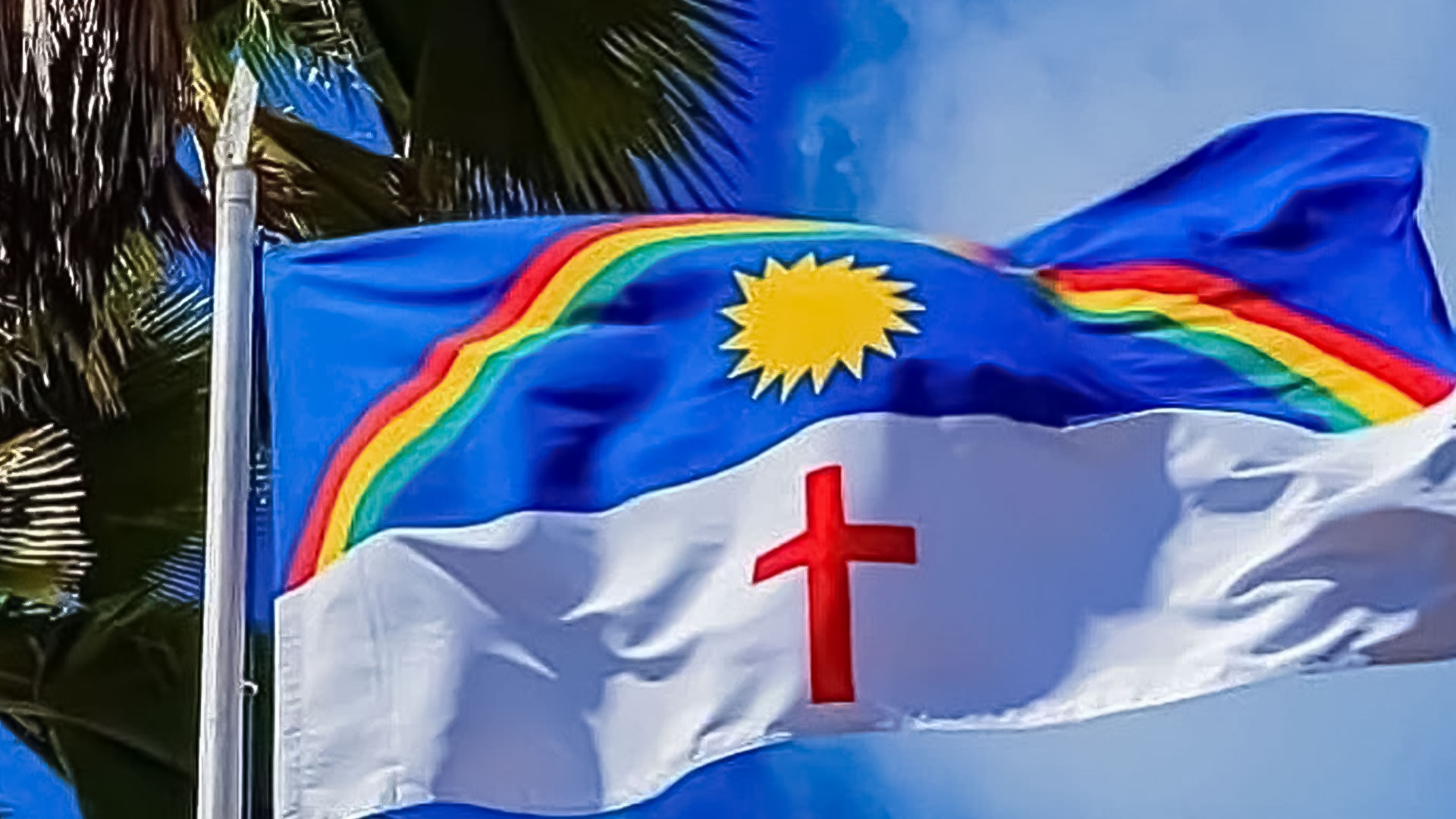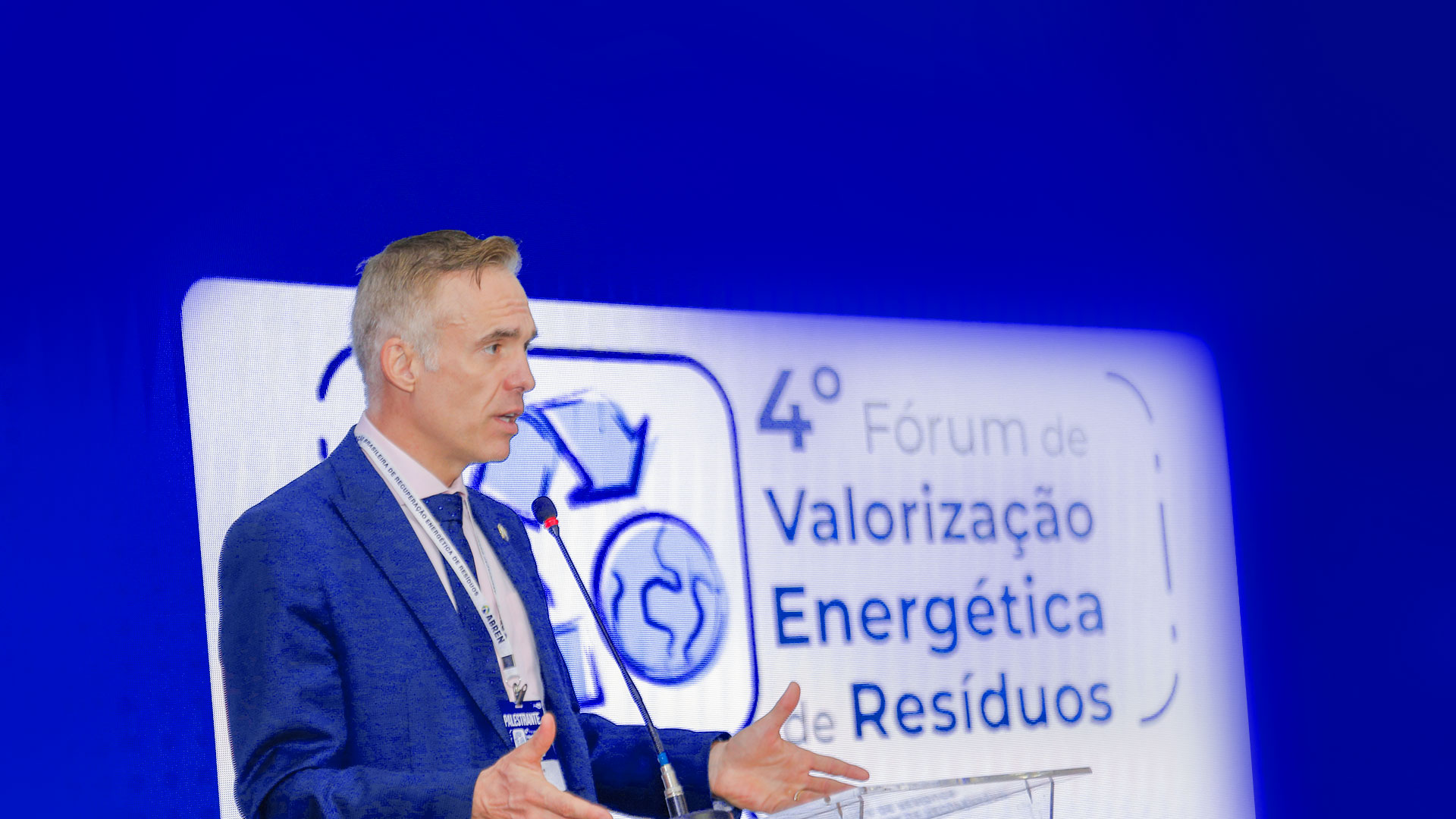Sustainable Biogas and Biomethane Production and Use: Regulatory Approaches and Technical Standards
The EU-Brazil Dialogue initiative on methane reduction in the agricultural and urban waste sectors was led by the EU Climate Dialogues (EUCDs) project, funded by the European Union and implemented by the Associação Brasileira de Recuperação Energética de Resíduos (ABREN). The project aims to foster cooperation between stakeholders in Brazil and the European Union to boost the sustainable production and use of biogas and biomethane, following public policies, regulatory approaches, and technical standards aligned with the Paris Agreement.
In 2020, Brazil was identified as the world’s fifth-largest methane emitter, accounting for 5.5% of global emissions and showing a 51% increase between 1990 and 2019, reaching 417 MtCO2e/year. According to SEEG data (2022), the agriculture sector leads methane emissions in Brazil, with 14.54 MtCH4 in 2020 (71.8% of the total), while the waste sector ranks second with 3.17 MtCH4 (15.8% of the total). Emissions from the energy and industrial sectors were minimal and are on a downward trend.
Brazil’s theoretical potential for annual biogas production is 84.6 billion m³, which would be equivalent to 40% of the country’s electricity demand or 70% of its diesel consumption. However, in 2021, Brazil produced only 2.3 billion m³ of biogas, representing just 3% of its theoretical potential. As for biomethane, the theoretical potential is 121 million m³/day, but current production stands at only 360,000 m³/day, or 0.2% of the estimated potential.
At COP26, Brazil signed the “Global Methane Pledge,” committing to reduce methane emissions by 30% by 2030, compared to 2020 levels. In 2022, the “Federal Strategy for the Sustainable Use of Biogas and Biomethane” and the “National Methane Emission Reduction Program” were established to help meet these commitments.
The project’s objectives include collaborating with Brazil to share successful public policies, knowledge, and raise awareness on related issues, such as:
a) Reducing methane emissions from the agriculture and waste sectors in line with the Paris Agreement commitments;
b) Establishing a clear regulatory framework for biogas and biomethane production, promoting knowledge sharing and awareness;
c) Raising public awareness about the role of biogas and biomethane in the energy transition and climate neutrality;
d) Promoting the use of biogas and biomethane as alternatives to fossil fuels, contributing to the decarbonization of key sectors of the Brazilian economy.
An integral part of the project is the identification and categorization of key stakeholders in Brazil to participate in an international study tour. Over 290 stakeholders in Brazil and Europe were assessed, with Germany, Denmark, and the European Union’s regulatory framework highlighted as benchmarks for evaluating best practices in public policies that promote the sustainable production of biogas and biomethane.
Additionally, concepts for workshops were developed, focusing on the key findings of the evaluation report and promoting regulatory exchanges between the EU and Brazil. The chosen locations were Brasília, São Paulo, and Minas Gerais, selected based on benchmarking and identified potential.
Below is a summary of the workshops and other events held during the implementation of the EU-Brazil Dialogue initiative on methane reduction in the agricultural and urban waste sectors:
IFAT Brazil 2024, in São Paulo
Click here for more information and event photos.
Workshop at the Federação das Indústrias do Estado de Minas Gerais (FIEMG), in Belo Horizonte
Click here for more information and event photos.
Workshop at the Ministério da Integração e do Desenvolvimento Regional (MDIR), in Brasília
Click here for more information and event photos.
Final Event of the European Union Delegation, in Brasília
Click here for more information and event photos.
Final Recommendations Report
Click here for the full report.






